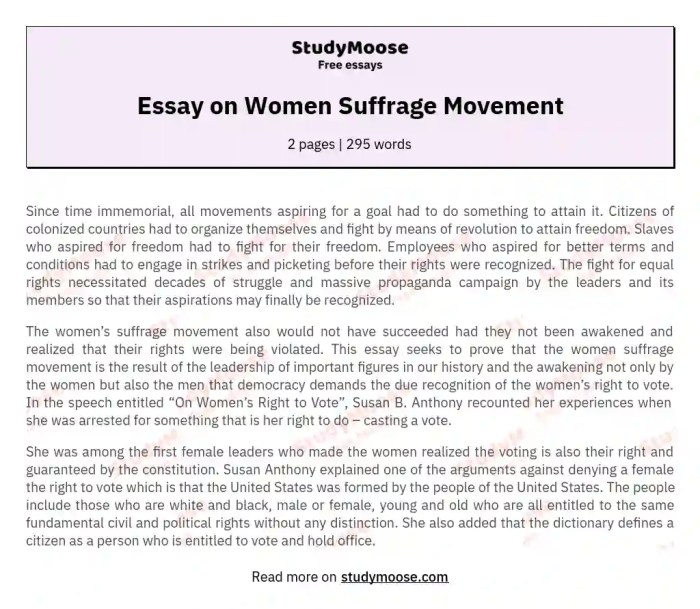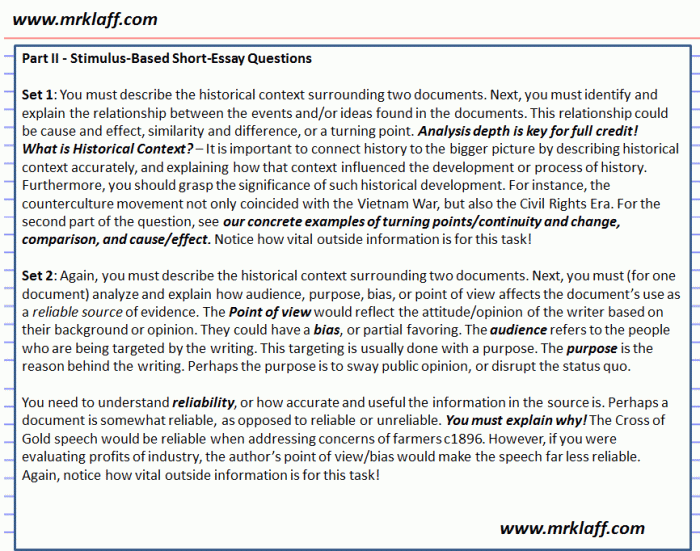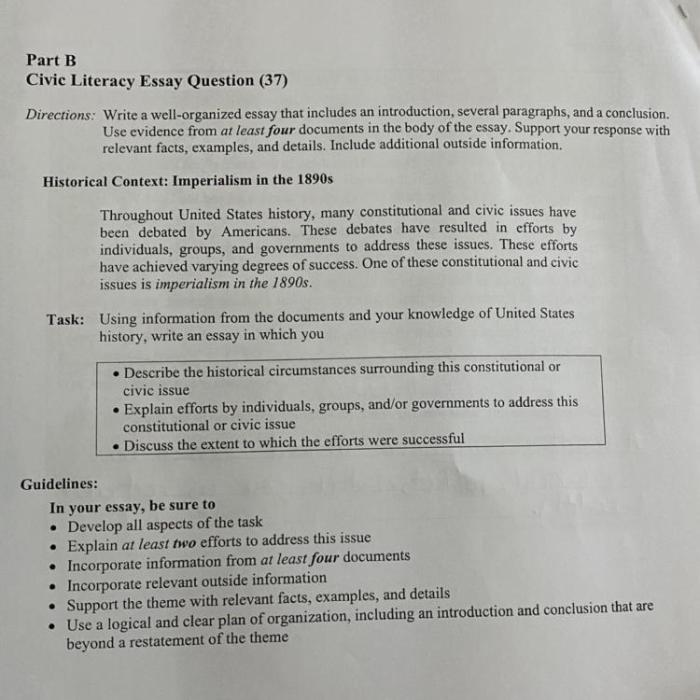Civic literacy essay workers rights: Civic literacy plays a crucial role in empowering workers to advocate for their rights, shaping collective bargaining processes, influencing labor legislation, and enhancing labor organizing efforts. This essay delves into the historical evolution of civic literacy and its significance in the labor movement, exploring strategies for promoting civic literacy among workers and measuring its impact on workers’ rights.
Historical Evolution of Civic Literacy and Workers’ Rights

Civic literacy has a profound historical connection to the labor movement. Throughout history, workers have relied on their understanding of civic rights and responsibilities to advocate for fair treatment and better working conditions.One notable example is the formation of labor unions in the late 19th century.
Workers recognized the importance of collective action and used their civic literacy to mobilize and negotiate with employers. This led to the establishment of key labor rights, such as the right to organize, bargain collectively, and strike.However, promoting civic literacy among workers has faced challenges.
Low levels of education, language barriers, and lack of access to resources have hindered workers’ ability to fully participate in civic life.
Civic Literacy and Collective Bargaining
Civic literacy plays a vital role in collective bargaining processes. It empowers workers to understand their rights, negotiate effectively, and hold employers accountable.Workers with civic literacy can comprehend complex legal documents, analyze data, and communicate their demands clearly. This knowledge allows them to negotiate fair wages, benefits, and working conditions that protect their interests.Case
studies have demonstrated the importance of civic literacy in successful collective bargaining campaigns. For instance, the United Farm Workers union in California used civic literacy to mobilize workers, negotiate with growers, and achieve significant improvements in wages and working conditions.
Civic Literacy and Labor Legislation

Civic literacy has a direct influence on labor legislation and policy development. Workers who understand their rights and the legislative process can advocate for laws that protect their interests.Examples include the Fair Labor Standards Act (1938), which established minimum wage and overtime pay, and the Occupational Safety and Health Act (1970), which protects workers from workplace hazards.
These laws were enacted in response to public pressure and advocacy from civic-literate workers.Civic literacy also plays a role in ensuring the implementation and enforcement of labor laws. Workers who are aware of their rights can hold employers accountable and report violations.
Civic Literacy and Labor Organizing
Civic literacy enhances labor organizing efforts by providing workers with the knowledge and skills needed to mobilize and form unions.Workers with civic literacy can understand the benefits of unionization, recruit new members, and effectively negotiate with employers. They can also engage in political action to advocate for policies that support labor rights.Challenges
exist in promoting civic literacy within labor organizations, such as high turnover rates and limited resources. However, unions have implemented educational programs and initiatives to address these challenges and empower their members.
Strategies for Promoting Civic Literacy among Workers: Civic Literacy Essay Workers Rights

Promoting civic literacy among workers requires a comprehensive plan that includes:
- Educational programs and workshops tailored to workers’ needs
- Partnerships with community organizations and educational institutions
- Resources and materials in multiple languages
- Support for workers to participate in civic activities
Key elements of a successful civic literacy program for workers include:
- Focus on practical skills, such as understanding labor laws, negotiating, and public speaking
- Collaboration with unions and worker centers
- Integration of civic literacy into workplace training programs
- Evaluation and assessment to measure progress and impact
Measuring the Impact of Civic Literacy on Workers’ Rights
Measuring the impact of civic literacy on workers’ rights is crucial for assessing the effectiveness of programs and policies.Metrics for measurement include:
- Increased participation in civic activities, such as voting and running for office
- Improved understanding of labor laws and rights
- Increased union membership and collective bargaining coverage
- Reduced workplace violations and improved working conditions
Research methods for assessing the impact of civic literacy include:
- Surveys and questionnaires
- Focus groups and interviews
- Analysis of labor statistics and legal cases
Challenges in quantifying the impact of civic literacy include the difficulty in isolating its effects from other factors and the long-term nature of its impact.
Key Questions Answered
What is the significance of civic literacy in the labor movement?
Civic literacy equips workers with the knowledge and skills to understand their rights, participate in decision-making processes, and advocate for their interests.
How does civic literacy contribute to successful collective bargaining?
Civic literacy empowers workers to negotiate effectively, understand the legal framework of collective bargaining, and build strong relationships with unions and employers.
What role does civic literacy play in labor legislation?
Civic literacy enables workers to participate in the development and implementation of labor laws, ensuring that their voices are heard and their rights are protected.